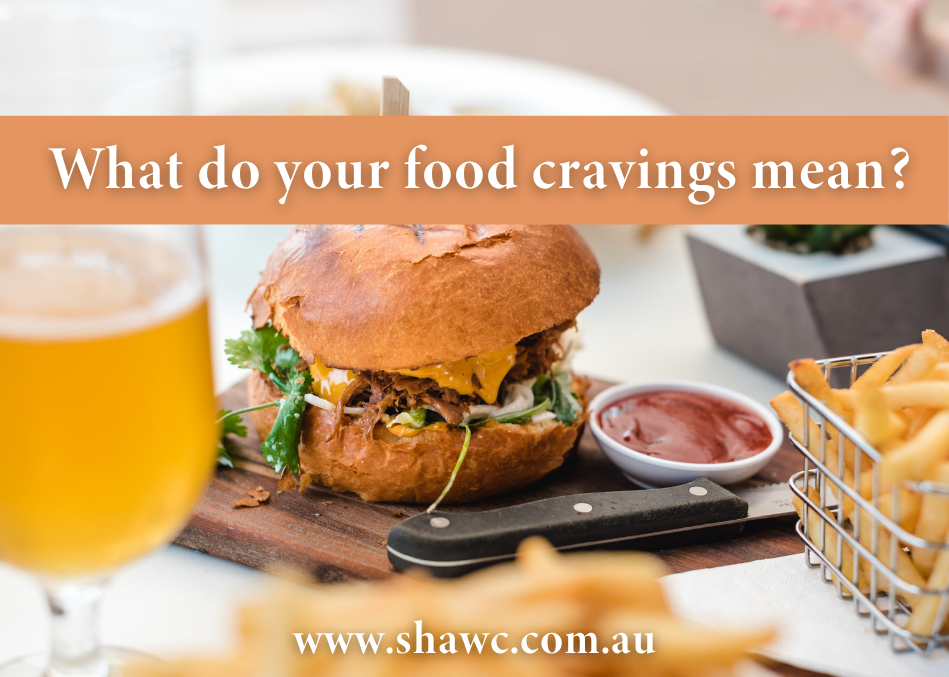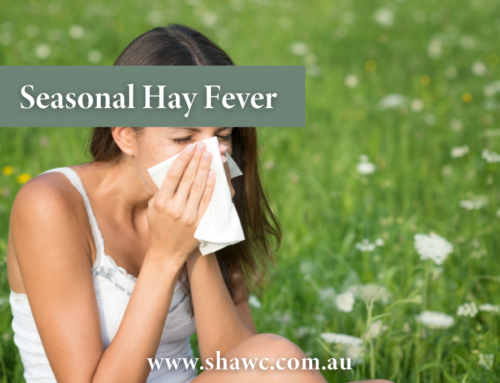Getting the occasional craving for something is no cause for concern. However, if you’re getting daily food cravings that you just can’t beat, it’s time to look a little deeper.
We often crave foods either due to a nutritional deficiency or a specific lack in the body.
Some of the most frequent include:
1. Chocolate
One of the most common food cravings! It could be a sign that you’re low in magnesium. According to the Australian 2012 Health Survey, it is estimated that over a third of Australian adults are deficient in magnesium. Chocolate is made from cacao, which is a rich source of magnesium so indulging in some will be giving you a nice little boost. I often recommend a few squares of dark chocolate (80%) to clients as a rich source of antioxidants. However, if your cravings are out of control and you can’t stop at 2 squares, supplementing with a well-absorbed magnesium supplement may help these cravings disappear.
2. Carbs
Do you ever feel like you can never get enough bread, pasta, noodles, or rice? I see every single week in clinic! What is your body trying to tell you? It could be that your protein and fat intake might be a little low and your blood sugar is being affected as a result. Carb craving with mood imbalances might also suggest that you’re low in serotonin (one of your happy neurotransmitters) due to chronic stress, poor sleep, gut imbalances, lack of sunlight or medications. If this is you, it’s time to address those things along with checking in on your gut health and inflammation.
3. Sugary foods
If you crave sweet things all the time, particularly straight after a meal, this is likely telling of a blood sugar imbalance along with a possible chromium deficiency. Chromium helps to regulate blood glucose so making sure you get plenty of it in your diet can help to beat the cravings. This nutrient is found in broccoli, potatoes, green beans, turkey, liver and nuts to name but a few. Chromium is only part of the picture though.
Blood sugar imbalance provokes hormone imbalance, lack of satiety, more immediate hunger, steep drops in energy and carvings. It results in a short and more erratic blood sugar curve. How do you break the cycle and avoid spikes and crashes? We may need to give your diet an overhaul, introduce balanced meals of protein, fat, fibre and greens and reduce overeating, processed and high sugar foods.
4. Salt
If you’re always adding extra salt to your meals or seeking out salty snacks like chips – it’s time to take a look at your zinc stores. When your zinc stores are low, your ability to taste and smell can become affected. When this happens, you may look to seasonings like salt to help enhance the flavour of your meals.
Another factor to consider here is adrenal health. People with adrenal fatigue due to chronic stress are often low in cortisol and aldosterone. Aldosterone is a steroid hormone, and its main role is to regulate salt and water in the body to control blood pressure. If your adrenal glands don’t produce enough aldosterone, your kidneys eliminate the salt through the urine, leading you to crave more salt. At the clinic we offer testing and investigations to assess your adrenal function.
5. Alcohol
Often when we crave alcohol it can be the result of imbalances in several neurotransmitters. The effects of ongoing alcohol consumption on the brain are complex. Motivational processes including arousal and reward are involved via impacts on dopamine, opioids, GABA, glutamate and serotonin.
GABA (gamma-Aminobutyric acid) is a neurotransmitter that helps to bring feelings of calm and when deficient we feel exactly the opposite and become anxious, fearful and stressed. We can crave alcohol when we’re in this state because it mimics the calming effects of GABA, however the following day, you may find your anxiety is worse. Supplementation may be necessary to assist GABA deficiency, in addition to taking a closer look at your gut health. Both lactobacillus and bifidobacteria strains have been reported to be able to synthesise GABA in your gut, probiotic supplementation and increasing your intake of fermented foods may assist.
6. Weird Cravings
If you’re having slightly more exotic cravings, it may be a medical condition called Pica. This is where people experience cravings for things like dirt, ice, clay, paper, hair, metal, rubber or soap. Most commonly experienced in pregnancy, however, can also show up in childhood and adolescence. It is associated with iron deficiency anaemia so further testing and investigations should be done through your health care practitioner.
Start listening to your body
By listening to your body you’ll be able to make an informed choice about the foods you eat. Start curbing food cravings by drinking more water, eating a balanced plate and getting to bed earlier. A healthy diet is essential for keeping your blood sugar levels in check and cravings at bay.
If you’re trying to get on top of your food cravings and are concerned about nutrient deficiencies contributing, book in for a consultation so we can discuss a treatment plan tailored to your specific needs.
Get in touch today to make an appointment with our experienced naturopath Cassandra at Sustainable Health and Wellness Clinic.




